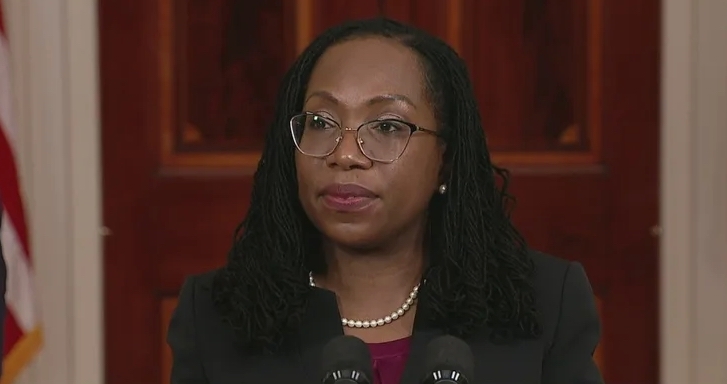Bradley Smith argues at National Review Online that First Amendment defenders are lucky to have Mitch McConnell leading U.S. Senate Republicans.
Senate Republican leader Mitch McConnell hammered the first nail into the coffin of the draconian S. 1 legislation on Wednesday, announcing that the Democrats’ 800-plus-page rewrite of voting, speech, and ethics laws would not pass the Senate. With every Republican plus Democrat Joe Manchin opposed to the legislation, the bill increasingly appears as good as dead. Its defeat would be a major victory for the First Amendment and another credit in McConnell’s legacy as the Senate’s premier defender of free political speech.
Surprisingly few elected officials are willing to come to the defense of campaigns and other organized efforts to effect change. Americans celebrate their freedoms to speak and organize into groups, but once an organization achieves success, support for its rights tends to give way to concerns about “influence.” It’s rare to find politicians who support equally the freedom to speak of the NRA and the Brady Campaign, the League of Conservation Voters and the Chamber of Commerce, or pro-life groups and Planned Parenthood.
For over a quarter century, Mitch McConnell has stood as the Senate’s most consistent, articulate, and dogged defender of the First Amendment rights these organizations rely on. Way back in 1994, he engineered the defeat of a bill to fund campaigns with Americans’ tax dollars, a policy that remains at the top of the progressive agenda today and that reappears in S. 1. He has frustrated bad ideas from the right, too, such as in 2006, when he was one of only three Senate Republicans to oppose an amendment to the U.S. Constitution permitting the criminalization of flag-burning. That amendment fell just one vote short.
Perhaps most famously, McConnell led the fight against McCain-Feingold, the 2002 measure that imposed more severe restrictions on advocacy and political parties than any law since the dawn of modern campaign-finance regulation, and then challenged the law in court.


